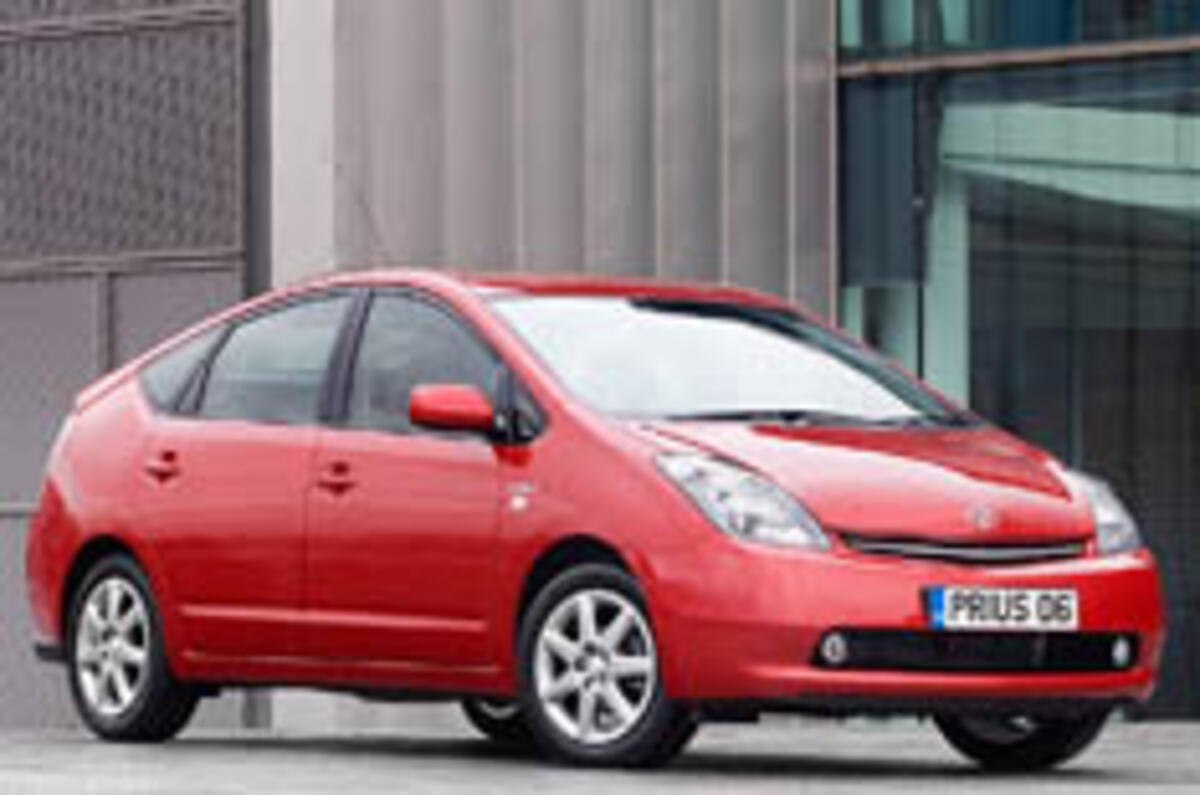The Advertising Standards Agency (ASA) has labelled a television commercial for the Toyota Prius 'misleading' and banned it from being shown again.The advert, created by agency Saatchi & Saatchi Japan, said "what if all cars were like the Prius? With its hybrid synergy drive technology, it emits up to one tonne less CO2 per year" An on-screen note stated "One tonne of CO2 less than an equivalent family vehicle with a diesel engine. Average calculated on 20,000km a year. Toyota Prius: CO2 emissions: 104g/km".Toyota sent the ASA a chart comparing the Prius's CO2 output with that of the Mk1 Prius and the Toyota Allion – a 2.0-litre Japan-only petrol car similar to the Avensis. Toyota also said that it had compared the Prius with all cars registered in 2005, which on average emitted 172g/km of CO2 to the Prius's 104.However, while the on-screen text stated that the claim compared the Prius with "an equivalent family vehicle with a diesel engine," the evidence supplied to the ASA included both petrol and diesel cars.What's more, 20,000km a year is the average distance travelled by cars in the US; in the UK it is just over 13,000km.In its ruling, the ASA said that: "none of the cars with 1.5-litre engines featured in the chart emitted one tonne more CO2 than the Prius and less than half of those new cars that had engines of less than 1.8 litres emitted one tonne more CO2 than the Prius."We did not consider their evidence demonstrated that it emitted one tonne less than equivalent vehicles with diesel engines or that it took into account the average annual distance driven by private cars in the UK."In May a magazine advert for the Lexus RX400h hybrid was also banned. Above a picture of the RX it stated "High Performance. Low emissions. Zero guilt." The ASA ruled that "the headline claim was likely to mislead."
ASA rules that hybrid car isn't quite as green as TV advert led people to believe
Close
Join our WhatsApp community and be the first to read about the latest news and reviews wowing the car world. Our community is the best, easiest and most direct place to tap into the minds of Autocar, and if you join you’ll also be treated to unique WhatsApp content. You can leave at any time after joining - check our full privacy policy here.




Add your comment